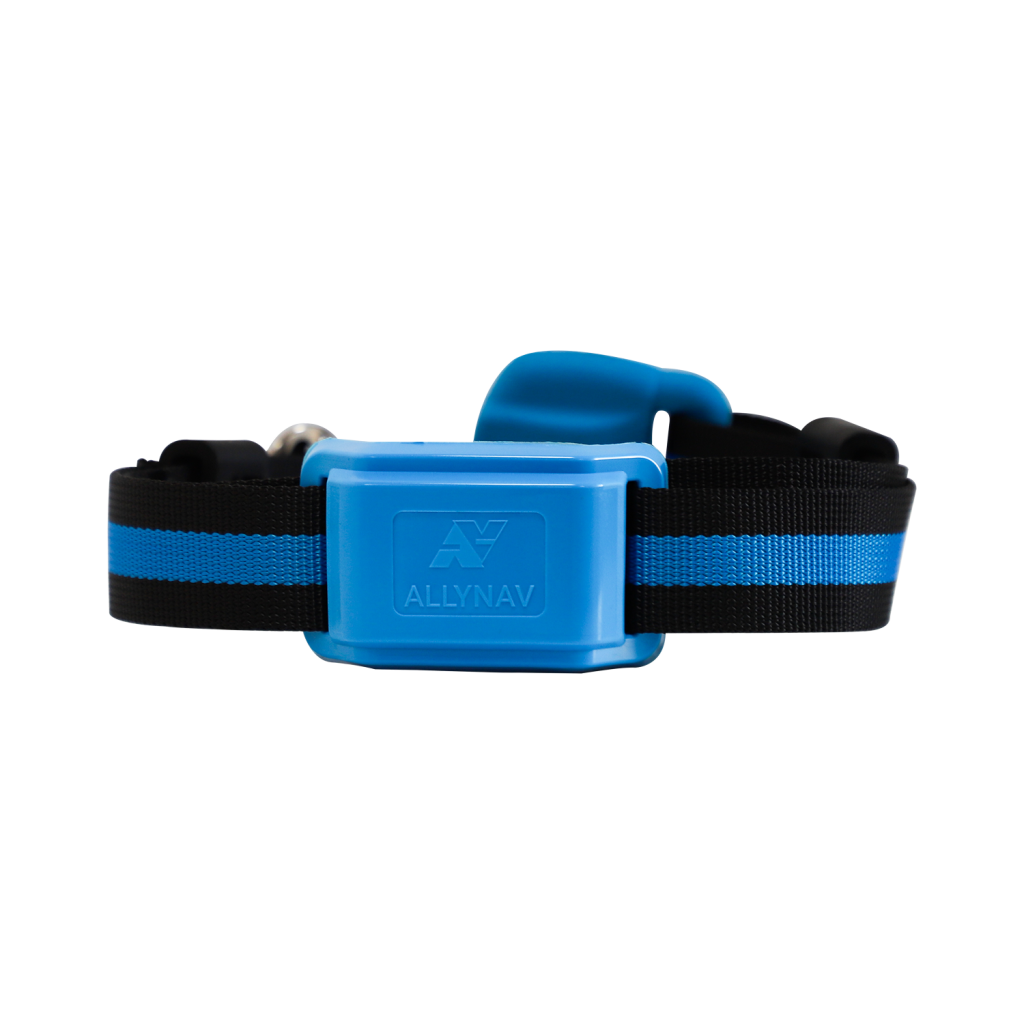
Livestock Monitoring: Enhancing Farm Efficiency and Animal Health
Livestock monitoring uses advanced technology to track and manage animal health, behavior, and location. It is essential for modern farms to improve productivity, animal welfare, and operational efficiency.

Smart Collar Livestock Management System

What is Livestock Monitoring?
Livestock monitoring refers to the use of sensors, data analytics, and automated systems to continuously observe and assess the well-being and activities of farm animals. This technology includes devices such as smart collars, GPS trackers, and AI-powered platforms that collect real-time data on cows and other livestock. Monitoring cows’ movements, feeding habits, rumination, and health indicators allows farmers to make timely and informed decisions.
By adopting a reliable cow monitoring system, farms can enhance tracking cows’ locations and physiological status, leading to proactive herd management and reduced risks of disease or injury. Livestock monitoring is no longer just a trend but a necessary component of efficient livestock management.
Key Livestock Management Practices Supported by Monitoring Technologies
Modern livestock management practices rely heavily on data collected through monitoring systems. These practices include:
- Health Tracking: Early detection of illnesses through monitoring vital signs like activity levels, temperature, and respiration.
- Reproductive Management: Accurate estrus detection enables optimized breeding schedules.
- Feeding Optimization: Tracking feeding behavior helps improve nutrition plans and feed efficiency.
- Environmental Monitoring: Sensors monitor barn conditions such as temperature, humidity, and ventilation to enhance animal comfort.
Implementing these practices with smart livestock monitoring helps farms reduce labor costs and improve overall productivity.
The Importance of Livestock Management for Productivity and Welfare
Effective livestock management is crucial for ensuring sustainable farming and animal welfare. Proper monitoring minimizes stress, detects health problems early, and supports better feeding and reproduction outcomes. Healthy animals yield higher-quality milk and meat, directly impacting a farm’s profitability.
Livestock monitoring solutions empower farmers with real-time insights, reducing guesswork and enhancing decision-making. The importance of livestock management cannot be overstated in the face of growing global demand for animal products and increasing farming challenges.
AllyNav’s Smart Cow Monitoring System: A Modern Solution for Livestock Management
AllyNav offers an advanced cow monitoring system designed to revolutionize livestock management. Our smart collar leverages 3D accelerometers and AI algorithms to track key behaviors such as activity, rumination, feeding, and heat stress in real-time.
The system delivers critical alerts to farmers for timely intervention, improving animal comfort and health. With long-lasting battery life, ergonomic design, and seamless integration with existing farm management software, AllyNav’s solution supports efficient tracking cows and proactive livestock management practices.
By choosing AllyNav, farms gain a powerful tool that enhances productivity, reduces operational costs, and promotes sustainable livestock farming.
Frequently Asked Questions
How does a cow monitoring system work?
It employs sensors and AI to collect data on activity, feeding, and health, enabling efficient herd management.
What are the best livestock management practices supported by monitoring technology?
Health tracking, reproductive management, feeding optimization, and environmental monitoring are key practices.
How can tracking cows improve farm productivity?
Tracking enables early health issue detection, better feeding schedules, and reduces labor, boosting yields.